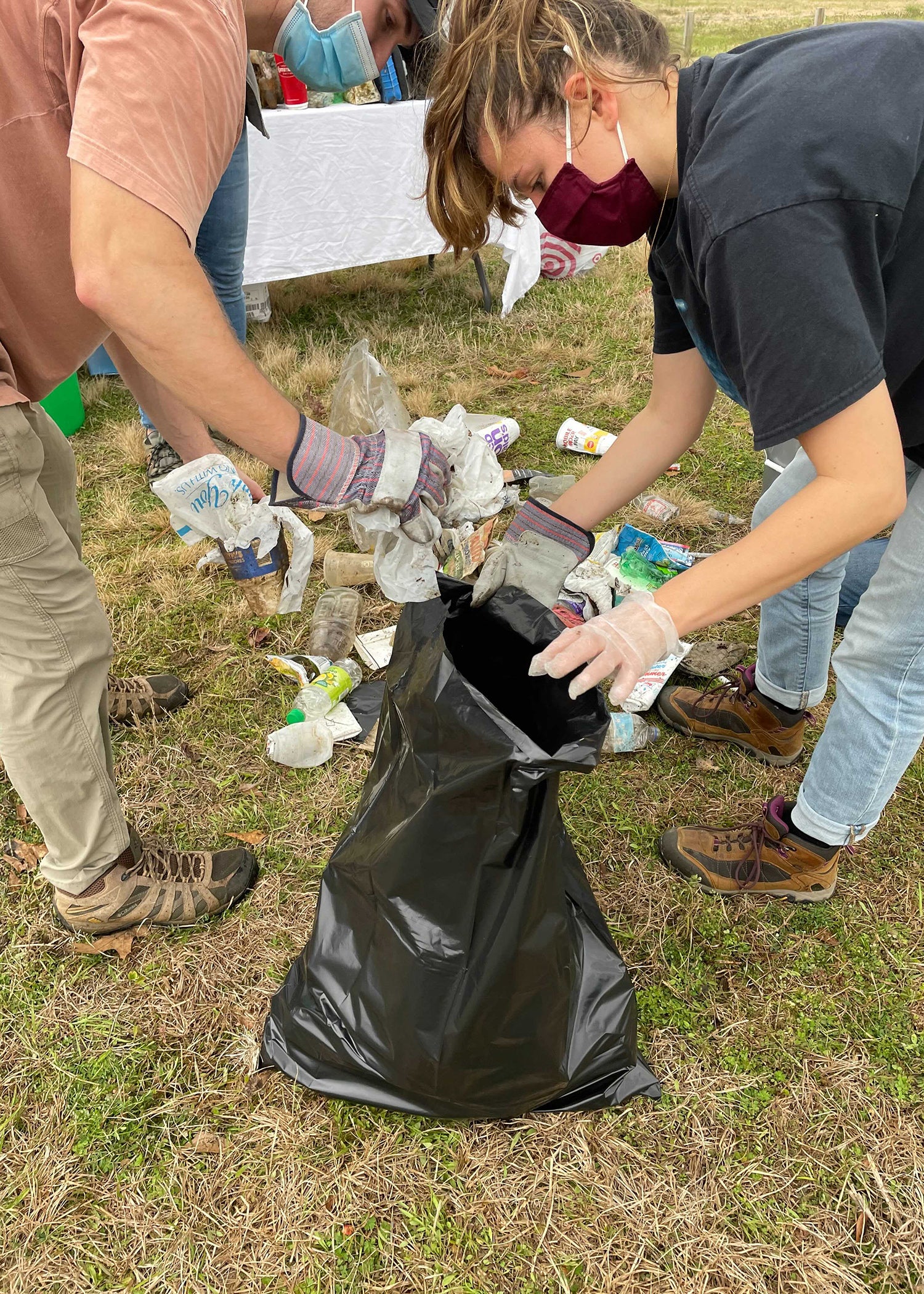Litter is an inevitable byproduct of being human
Published 2:36 pm Thursday, July 7, 2022

- Volunteers at the Petal River Park Cleanup in Petal help to collect, organize and record litter data on site. (Photo by Mississippi Inland Cleanup Program/Jessi A. James) Alt text: People picking up trash
By Jessi James
MSU Extension Service
BILOXI, Miss. — Litter is a global issue that is known to decrease tourism, cost significant amounts of money to eliminate, and have tremendous environmental impacts. It is ultimately an inevitable byproduct of living our everyday lives.
The Mississippi Inland Cleanup Program (MSICP) is a trash-free education, awareness and prevention program sponsored by the Mississippi State University Coastal Research and Extension Center as an expansion of the Mississippi Coastal Cleanup Program. This program has continued to extend the efforts of the coastal program by removing debris from the local community through cleanup events, data collection research, and outreach to help stop trash at its inland source.
The MSICP headquarters is located in Biloxi, but the program ultimately aims to provide its educational services across 21 southeastern counties. Since its inception in 2020, the program has enlisted 430 volunteers to remove over 2,712 pounds of litter from the inland roads, waterways, wetlands and metropolitan areas. During these events, volunteers also collected data on the specific type of litter removed, to identify sources and design targeted prevention methods.
Top litter items removed included tiny plastic pieces (2,471), cigarette butts (2,427), food wrappers (1,822) and plastic beverage bottles (1,329).
The Mississippi Inland Cleanup Program will also be adding a subprogram to this year’s initiatives, called “Adopt-A-Campground.” Through conversations with community partners, campgrounds have been identified as prime locations for this kind of service.
Locals and tourists alike enjoy exploring the abundant natural resources throughout Mississippi and campgrounds often serve as the primary entrance to some of the most picturesque landscapes throughout the state. Their proximity to natural areas, often waterbodies, and accumulation of visitors make campgrounds a perfect location to promote conservationism — however, this also makes it a majority point of entry of litter into the environment.
Interested in preserving our natural resources as an individual, group or organization? Consider ‘adopting’ your local campground.
More information on cleanups and how to get involved with other local litter prevention and removal programs can be found at http://nolittermovement.com. The MSICP program coordinator can be reached via email at jessi.james@msstate.edu or 228-546-1045.




